Nature revokes the mentoring award to Carlos Lopez-Otin, which the elite journal bestowed in 2017 and which prompted my initial reporting into the Spanish star scientist’s data manipulations. Readers of my site, most prominently the pseudonymous Clare Francis, Smut Clyde, Morty as well as Elizabeth Bik, screened more papers from the University of Oviedo lab of that cancer and ageing researcher, which resulted in more coverage on my site (here and here). A Nature Cell Biology paper was retracted, followed by no less than 8 retractions at Journal of Biological Chemistry, despite massive protests from Spanish scientific elites. Now Nature announced to have screened more papers and have found additional data manipulations in 18 of them, and this is why the mentoring award was revoked.
Nature‘s Editor-in-Chief Magdalena Skipper, together with Sir Philip Campbell, formerly Editor-in-Chief of Nature and now of entire Springer Nature publishing house (who originally bestowed the mentoring award to Lopez-Otin), apparently decided to go for a cake-eating-while-cake-having approach. Meaning, they crack down on research fraud (but only on some of it), while opening backdoors for fraudsters to continue, a somewhat typical Nature policy.
On 25 September 2019, Nature issued this brief announcement:
“Nature is withdrawing a 2017 mentoring prize awarded to Carlos López-Otín, a molecular biologist at the University of Oviedo in Spain. Following concerns reported to Nature after the announcement of the 2017 Nature Awards for Mentoring in Science, an assessment of papers co-authored by Carlos López-Otín has identified image-integrity issues. The withdrawal of the award is a reflection of the judges’ opinion that high-quality mentorship in a laboratory should not lead to such significant issues. It is not a judgement of the overall calibre of López-Otín’s research.”
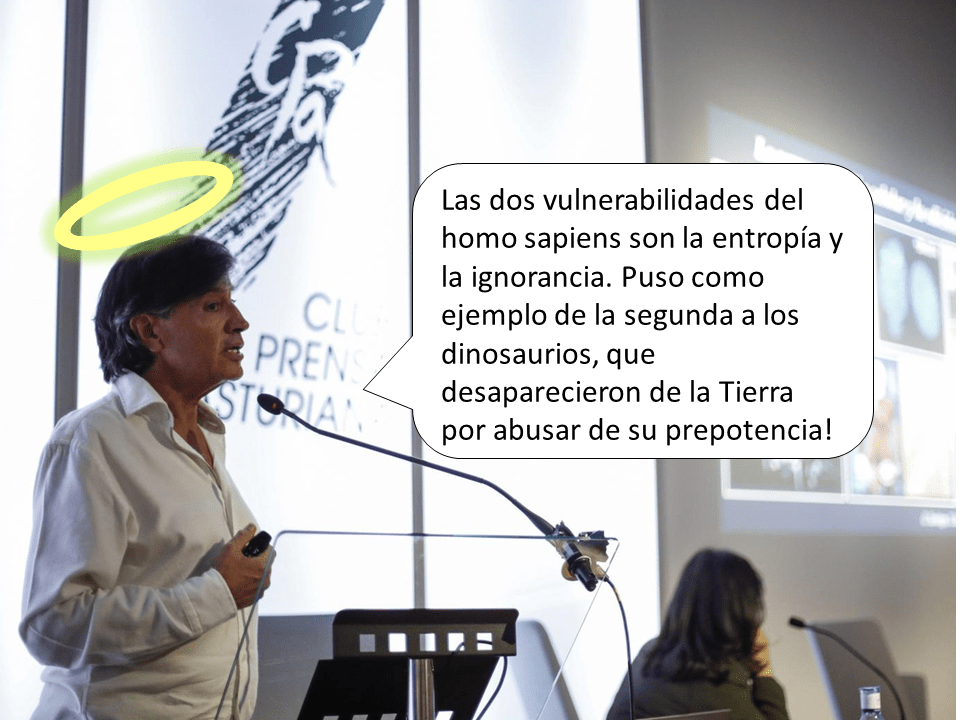
However, the Watchdogs of Retraction Watch were provided with an exclusive, longer statement:
“Nature initiated an investigation into 97 papers originating from Professor Lopez-Otin’s lab between 2012 and 2019. 18 papers were found to contain problems with images, including some that had already been identified on PubPeer, and Professor Lopez-Otin was corresponding author on nine of these.
We have not attempted an in depth investigation of these issues, but we have alerted the journals concerned in the new cases. Our task has been to draw a conclusion about how these issues reflect on the mentoring in the laboratory of Professor Lopez-Otin. […]
The corresponding author on a paper is responsible for the research group which contributed mostly to each paper, therefore the nine papers on which Professor Lopez-Otin was the corresponding author are of particular significance.
Following consideration of all the available information, judges of the original awards and the previous and current Editors-in-Chief of Nature concluded that the issues identified are not commensurate with high quality mentorship of the originating lab, and that the mentoring award should accordingly be withdrawn.”
It is not clear why Nature chose Retraction Watch as its only PR channel, maybe they appreciated the Watchdogs’ utter silence when Lopez-Otin’s common Nature Cell Biology paper with the Harvard Medical School Dean George Daley was retracted? Now Daley’s own papers are being questioned on PubPeer, mostly for inconsistent science, published in top-notch journals like Cell, PNAS and of course also Nature. But also for hidden financial conflict of interest and even image duplications like these:
Now you can place any bet that whatever happens, Retraction Watch reporting will not cover Daley’s data irregularities, and Nature sure values such dedicated science journalism. A good watchdog know when to bark and when to silently chew the sausage it was given. Journalists’ highest treasure is their first-hand access to exclusive news, which Springer Nature sure can provide, but only to those who deserve it. The statement to Retraction Watch contained also this bit:
“No other assessment of the scientific validity or value of Professor Lopez-Otin’s work was undertaken and the decision to withdraw the award should not be considered to be a criticism of any other aspect of his research.”
This is how you eat your cake while having it. 9 retractions, around 50 papers flagged on PubPeer, most not even corrected despite appalling data manipulations. 18 papers confirmed by Nature as manipulated, of which 9 came from Lopez-Otin’s own lab in Oviedo. The same place where 5000 mice were sacrificed (or murdered as witnesses?) on the pretence of a mysterious viral infection, which just incidentally happen to have been the sole existing (an now non-existing) transgenic mouse models of Lopez-Otin’s papers. And still, Nature can find no criticism on Lopez-Otin’s research, even after he admitted to data manipulation in his interviews with loyal Spanish newspapers.
This is why in August 2019 the (for some obscure reason prestigious) journal Nature Medicine was very happy to publish a fresh new paper from Lopez-Otin lab. Barcena et al 2019 describes results from transgenic mice which everyone knows do not exist anymore. Or maybe they never existed as such. Be it as it may, Spanish media reacted orgiastically, as if the Jesus himself has returned, holding his bleeding stigmata aloft. Fittingly, an El Pais article showed Lopez-Otin with a 23-year-old progeria patient on his lap, wearing an Opus Dei crucifix.
And in June 2018, Nature Reviews Molecular Cell Biology published a literature review, authored by Lopez-Otin and his friend Guido Kroemer. The idea being to educate the peer community and early career researchers worldwide on the state-of-the-art in the field of anti-ageing, from the mouth of two renowned and perfectly trustworthy experts. Now, Kroemer is a German-born French cancer researcher who used to host Lopez-Otin for almost a year in his lab in Paris while the scandal raged in Spain. And you should see the massive cornucopia of Photoshopped western blots which the Kroemer Lab has published over the years, as recorded on PubPeer.
Even the professional Italian data forgers (one of them Carlo Croce!) were so impressed that they recently awarded Kroemer with a €1 million grant, to teach new generations of scientists the Art of the Photoshop. Needless to say, the Nature Publishing Group has no plans whatsoever to ever scrutinise any of Kroemer papers, in fact he is most welcome as author.
Some might recall how Nature Plants decided to give the misconduct-tainted plant scientists Olivier Voinnet and Patrice Dunoyer another chance. Heck, the Nature family is even open-minded against such characters like the cancer researcher Maria Fousteri, found guilty of research fraud in Leiden, Netherlands. 5 retractions were requested, but Elsevier’s Molecular Cell decided against it. Fousteri new paper is now “under consideration” at Nature Communications, after she already placed one there in 2017 (Lavigne et al 2017).
Of course Nature will continue publishing Lopez-Otin papers, regardless of how much fraud they found in his past research. The man is now a spiritual Guru with best connections, even the Queen of Spain is his admiring fan, I kid you not. Letizia, the wife of the Spanish King Felipe IV, namely travelled earlier this year to the Madrid Book Fair, in order to have Saint Carlos of Oviedo sign his new lifestyle philosophy book for her. Now, Her Majesty is indignant with Nature‘s decision to revoke the mentoring award to Lopez-Otin.
Spain is fully behind their St Carlos of Oviedo, and the media is either utterly brainwashed, or scared, what with the local Opus Dei dominance and the residual Franco-fascism still there in the country. The Academy of the Asturias region previously demanded a Princess of Asturias Prize for their hero, one of highest awards in Spain. Now, the Spanish Royal Academy of Sciences issued this statement:
“Regarding the decision of the scientific journal Nature (25/09/19) of removing the MENTORING AWARD (mid-career achievement) to Professor D. Carlos Lopez Otín, the Royal Academy of Sciences wants to express its public concern about this news affecting a member of the Corporation and notes as soon as possible to officially start investigation to collect and analyse in detail the latest facts and arguments that have led to such serious consequences, in order to adopt a collegial approach in this regard. “
The Spanish daily El Pais, which previously firmly sided with St Carlos, now carefully tries to position itself between the chairs. As do several Spanish elite scientists, who had no problem with threatening JBC, but are a bit cautious with shaking fists at Nature. We read this:
“I was the one who pushed more in that jury to give him the prize to Carlos, for whom I have much appreciation, both personal and professional,” says biochemist Mariano Barbacid of the National Cancer Research Center in Madrid. “The decision to withdraw the prize has been exclusively done by Nature, so I had nothing to do with it and therefore have nothing to add now,” he says. Barbacid was one of 50 top scientists who applied last year to the Society of Biochemistry and Molecular Biology US not withdraw the eight studies López Otín, considering that the detected “anomalies” did not invalidate the results.”
Barbacid is one of the biggest (if not the biggest) stars of Spanish cancer research. It is peculiar that his name was so far kept secret, as was the entire letter sent to JBC to prevent the mass-retractions, even though every Spanish newspaper seems to have received a copy. The campaign was organised by Juan Valcarcel, who played key role in whitewashing his CRG Barcelona colleague Maria Pia Cosma. Another star signatory was Margarita Salas, the grand dame of Spanish biology, herself the doctorate mentor of Lopez-Otin, and recipient of same Mentoring Award in 2017. Other Salas mentees signed: Manuel Serrano, his ex-wife Maria Blasco, Jesús Ávila, the politician and former minister Cristina Garmendia, who is also a personal friend of Lopez-Otin. Other known signatories were Alfonso Valencia, Juan Bueren, Angel Carracedo and Lopez-Otin’s co-author with own PubPeer record, Elias Campo.
El Pais also quotes the president of the jury which bestowed the Mentoring Award in 2017:
“the ecologist Josep Peñuelas, CSIC, indicates that he has accepted “with prudence” the verdict of Nature, because he can not value the irregularities because biomedicine is not his field. “Philip Campbell, who was then editor of the magazine, was very concerned with this issue and commissioned an intensive investigation,” he stresses.”
Now suddenly St Carlos of Oviedo is not available for interviews. He is probably busy with publishing more research papers, since his €2.5 million ERC grant is perfectly active and not threatened until 2022. Nature is sure open for business!
Update 2.02.2020
Margarita Salas died on 7 November 2019, aged 80. But even then, the Margaritos nepotism continues.
The Spanish Royal Academy of Science (RAC) issued on 30.01.2020 a statement of support of Lopez-Otin. It is not available as online press release (there is a hidden pdf though), which was apparently initially issued to just 3 loyal newspapers which previously proved themselves as rabid Otinistas. The RAC kind of admits that Lopez-Otin did publish falsified data (which they insist is not fraud), but they place the blame entirely with the journals, for failing to spot the manipulations during peer review. There is even an English version:, with a strangely erotic reference to “The major thrust of Dr. Lopez-Otín’s scientific achievements“:
“RAC has reached the conclusion that those publications had alterations of figure presentations, in particular panel or lane duplications that are not good scientific practice, and that should not have been made. However, the evidence gathered by RAC is that the figure alterations in no case represented any attempt to modify the scientific conclusions of the articles. The alterations were of such a nature that they should have been detected during the initial submission quality screens usually carried out by the journals, as well as by the reviewers of the articles. Having both filters failed, RAC concludes that the issues should have been solved through corrections requested to the authors, and then published in the relevant journals. In no case a forced retraction of the articles was justified.”
The investigation, according to El Pais, was led by RAC vice president and Salas mentee, Esteban Domingo Solans, among those other dishonourable old gits who voted were neuroscientist Carlos Belmonte, biochemist Luis Franco, ecologist Miguel Delibes de Castro, plazt scientist Ana Crespo and physicist Juan Rojo. The report continues:
“The magnitude of the distress inflicted upon him is not commensurate with the nature of the mistakes made in the retracted articles. RAC encourages the institutions responsible of examining scientific misconducts to establish a clear distinction between what should be considered presentation mistakes or inconsequential alterations from true scientific fraud. RAC has found no evidence of scientific fraud in any of the publications co-authored by Prof. Carlos López-Otín who has seen his reputation unfairly diminished.”
It is worth mentioning that former RAC president Ángel Martín Municio was a proud Opus Dei member. Salas herself had serious Opus Dei connections, naturally those are not discussed in her obituaries. The first journalist supporter of Lopez-Otin Pablo Alvarez of La Nueva Espana was an Opus Dei member. The Passion of Don Carlos is not a fiction anymore.
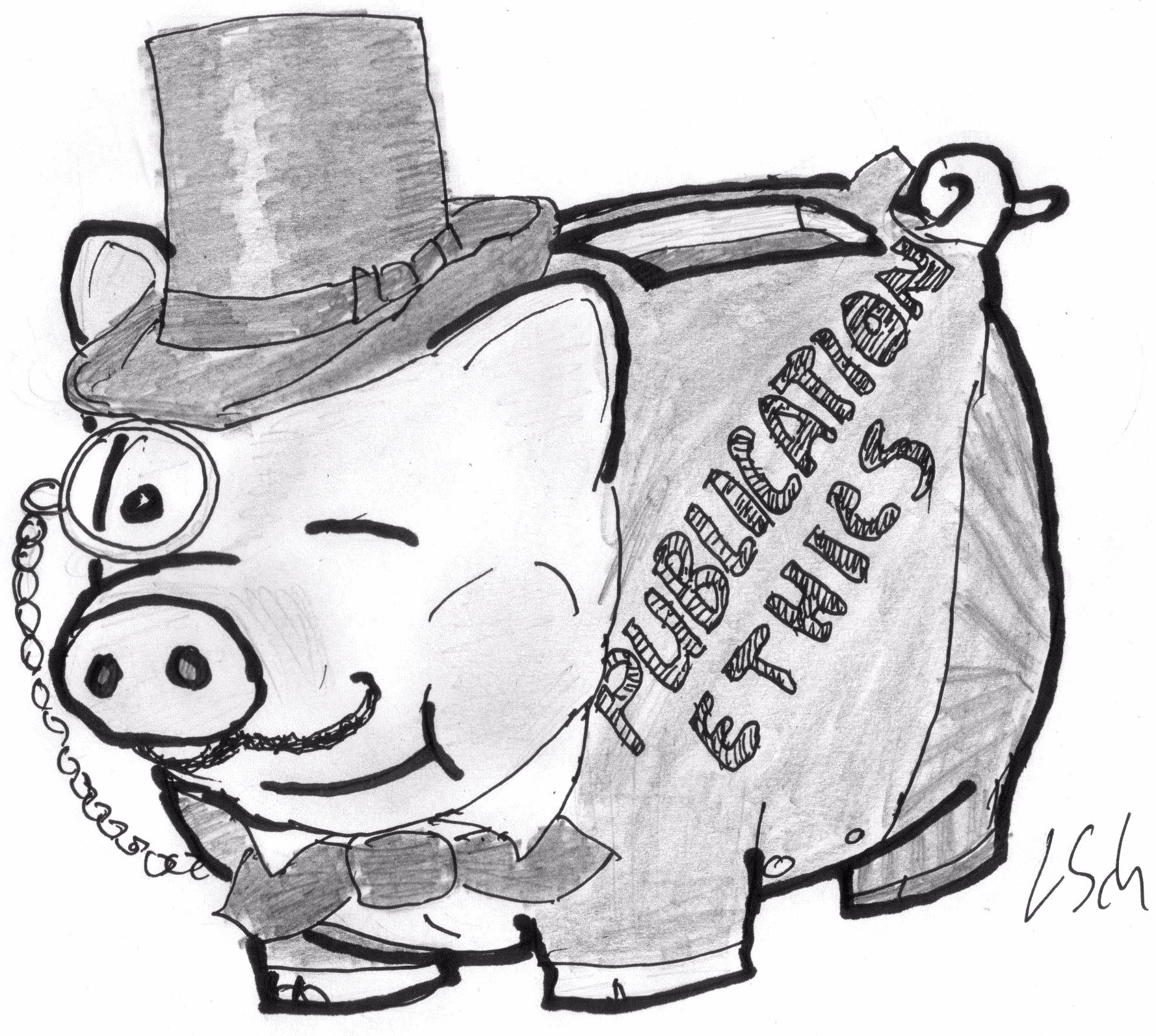
Donate!
If you are interested to support my work, you can leave here a small tip of $5. Or several of small tips, just increase the amount as you like (2x=€10; 5x=€25). Your generous patronage of my journalism, however small it appears to you, will greatly help me with my legal costs.
€5.00

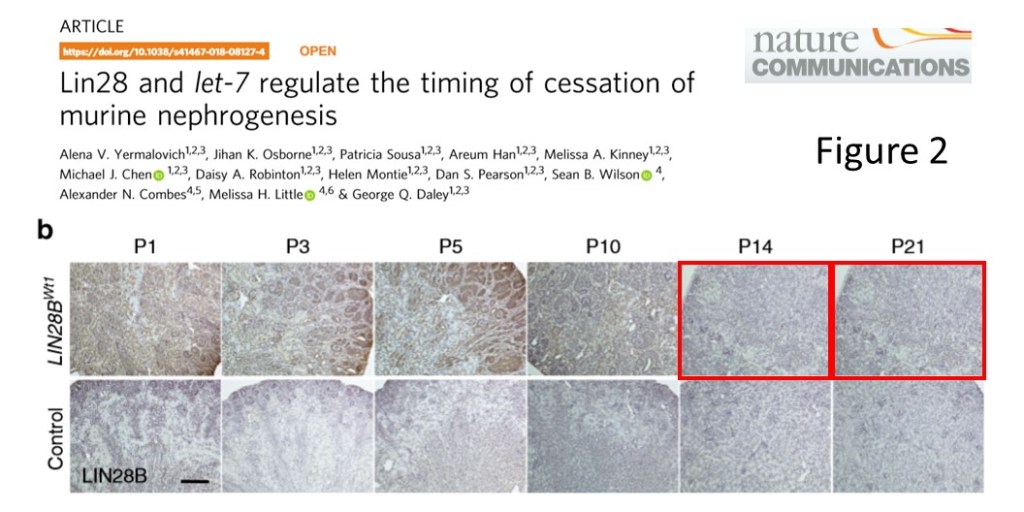

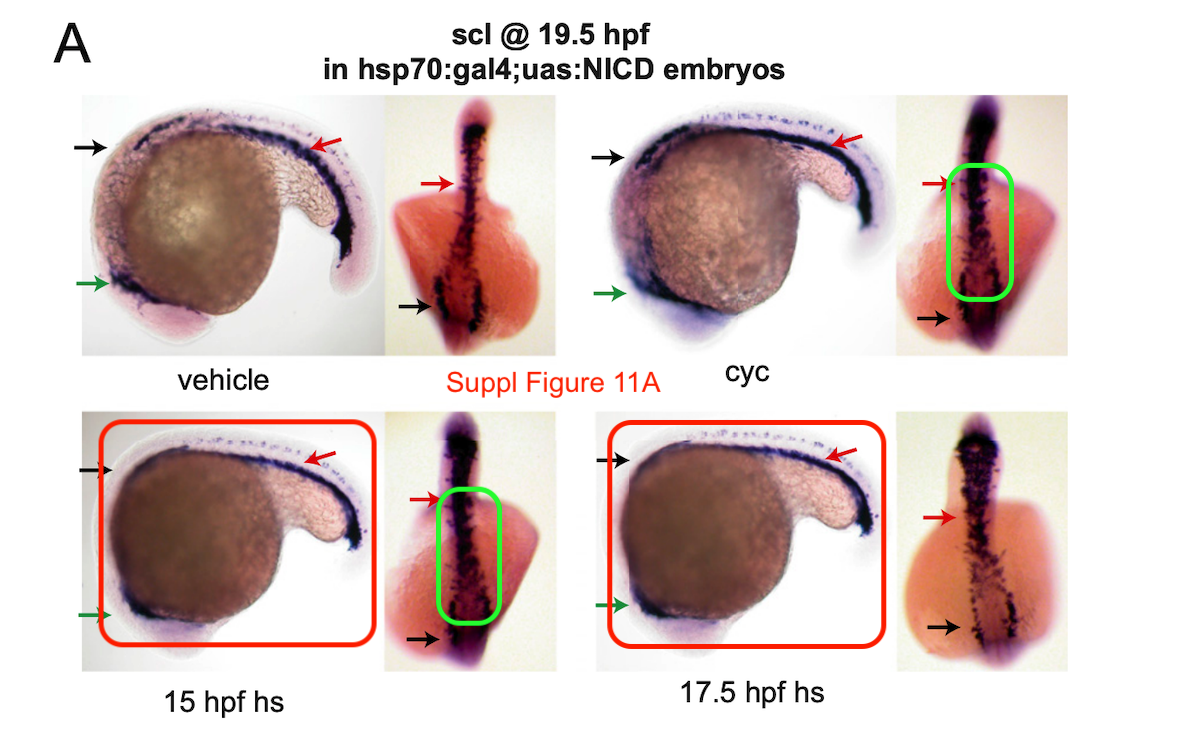
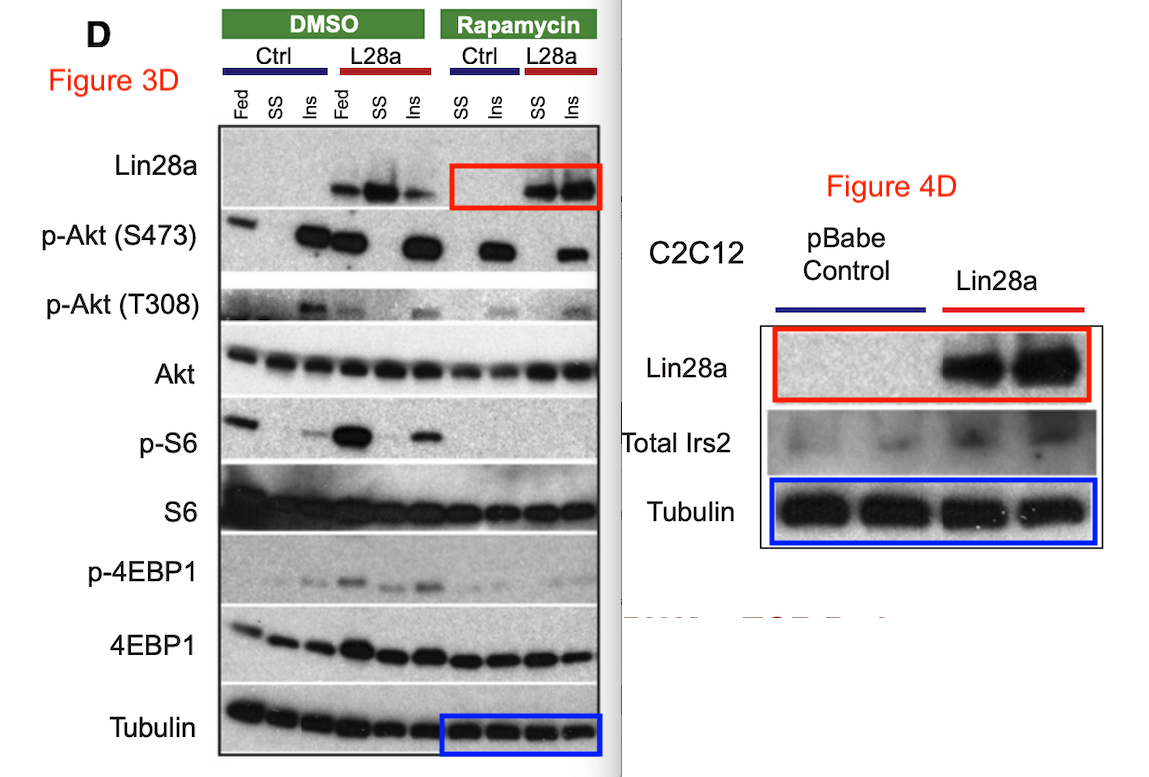




“Nature is withdrawing a 2017 mentoring prize awarded to Carlos López-Otín, a molecular biologist at the University of Oviedo in Spain. Following concerns reported to Nature after the announcement of the 2017 Nature Awards for Mentoring in Science, an assessment of papers co-authored by Carlos López-Otín has identified image-integrity issues. The withdrawal of the award is a reflection of the judges’ opinion that high-quality mentorship in a laboratory should not lead to such significant issues. It is not a judgement of the overall calibre of López-Otín’s research.”
” We [Magdalena Skipper, the journal’s editor-in-chief, and Sir Philip Campbell, the editor-in-chief of Springer Nature] have not attempted an in depth investigation of these issues, but we have alerted the journals concerned in the new cases. Our task has been to draw a conclusion about how these issues reflect on the mentoring in the laboratory of Professor Lopez-Otin. […]”
Lazy and washed their hands. How is mentoring in science different from science? How can you alert journals to something about which you are so studiously noncommittal? What is Nature alerting the journals about?
What Magdalena Skipper, the journal’s editor-in-chief, and Sir Philip Campbell, the editor-in-chief of Springer Nature are stating is that image-integrity issues have nothing to do with overall calibre of López-Otín’s research. Is that what they are alerting journals about?
LikeLike
Carlos Lopez-Otin is also an unashamed self-plagiarist. The book chapter Caravia & López-Otín, Regulatory Roles of miRNAs in Aging, 2015 contains text from an UNCITED book chapter Ugalde, Kwarciak, Caravia, López‐Otín & Ramsay, The Emergence of GeroMIRs: A Group of MicroRNAs Implicated in Aging, 2013.
Here is the analysis for download.
LikeLike
The more you degrade him, the more articles in Nature he publishes
An ordinary person would need 100 lives to be at his human and scientific level.
https://www.nature.com/articles/s41586-019-1651-z
LikeLike
The members of the panel who granted the prize, all Spanish, with the exception of the nature representative (see link below), should be held liable. These people are in all the commissions and decisive panels for the financing of Spanish science. They should be removed from all Spanish and international committees and forced to retire because the elite science they have defended by supporting only themselves and their friends has destroyed many lives.
http://globalecology.creaf.cat/?p=3116
LikeLike
Nowadays I feel very happy none of these scientists accepted me in their labs for either a PhD or a post-Doc
LikeLike
I’m guessing Carlos López-Otín is really the average mentor—he treats people with “benign neglect”, because he’s too busy, or lazy, or whatever, to be a responsible advisor to look at primary data and judge it critically. That is standard in all of the labs I worked in. I remember when someone gave a lab presentation in one of the crappy labs Ive worked in, the advisor got angry when a post-doc presented primary data. How dare him.
I think his major problem was that grad students and post-docs realized because of his ability to get papers in prestigious journals and his connections to other labs that get papers into prestigious journals (eg Daley at Harvard), they realized that all they needed to do to get a tenure track position was to cheat when necessary, hopefully just a little bit. Apparently, the necessity to cheat to get a decent job (tenure track) was great in a lot of these projects in Don Carlos’s lab, because they were ambitious and the standards for publication in one of these prestigious journal is high. I might call this the Croce effect.
LikeLike
I agree you about Carlos but why you are accusing Guido? I mean the pubpeer record of Guido that you referred to doesn’t show anything special. Guido’s pubpeer records are just some minor questions or corrections nothing really special.
LikeLike
I agree, I checked the Kroemer publications and there are relatively few listed on PubPeer even though he has published hundreds of papers. One data irregularity that does look sketchy (a recycled loading control blot) was from a postdoc in the Kroemer lab who previously worked in the Lopez-Otin lab. There does seem to be a culture of dishonesty in the Lopez-Otin lab, but this could be due to an influential postdoc rather than Lopez-Otin himself, who has been too busy doing book tours etc. to really scrutinize the data.
LikeLike
J Exp Med. 2001 Oct 15;194(8):1097-110.
Human immunodeficiency virus 1 envelope glycoprotein complex-induced apoptosis involves mammalian target of rapamycin/FKBP12-rapamycin-associated protein-mediated p53 phosphorylation.
Castedo M1, Ferri KF, Blanco J, Roumier T, Larochette N, Barretina J, Amendola A, Nardacci R, Métivier D, Este JA, Piacentini M, Kroemer G.
Author information
1
Centre National de la Recherche Scientifique, UMR1599, Institut Gustave Roussy, F-94805 Villejuif, France.
Figure 5C.
LikeLike
J Exp Med. 1999 Jan 18;189(2):381-94.
Mitochondrial release of caspase-2 and -9 during the apoptotic process.
Susin SA1, Lorenzo HK, Zamzami N, Marzo I, Brenner C, Larochette N, Prévost MC, Alzari PM, Kroemer G.
Author information
1
Centre National de la Recherche Scientifique, UPR 420, F-94801 Villejuif, France.
Figure 10.
LikeLike
Cancer Gene Ther. 2002 Mar;9(3):219-27.
Wild-type p53 induced sensitization of mutant p53 TNF-resistant cells: role of caspase-8 and mitochondria.
Ameyar-Zazoua M1, Larochette N, Dorothée G, Daugas E, Haddada H, Gouloumet V, Métivier D, Stancou R, Mami-Chouaib F, Kroemer G, Chouaib S.
Author information
1
INSERM U487, “Cytokines et Immunologie des Tumeurs Humaines,” Institut Gustave Roussy, Villejuif 94805, France.
Figure 4.
LikeLike
Doulatov of the duplicated gel lane was “Dr. Positive control” in the lab. Typical bully of Daley lab, always trashing personality and data of his colleagues with F-word. He had a harem of female techs and students served him. With HHWF and K99 money Doulatov brought in, Daley granted and encouraged all of Doulatov’s behavior as strong male PI phenotype. Actually phenocopies Daley.
LikeLike
The Lopez-Otin effect on Anti-Ageing research. A review featured a case of Soria-Valles retraction.
Metformin and Aging: A Review
Glossmann H.H.· Lutz O.M.D.
Gerontology
https://doi.org/10.1159/000502257
“Box 1. Anti-aging research is a hot topic.
Viviremos 135 anos!” (“We will live for 135 years”) was on the title page of the Spanish newspaper “El Mundo” on October 15, 2015. Lauded were Spanish scientists who published a paper in Nature Cell Biology [3]. Therein, the role of nuclear factor kappalight-chain-enhancer of activated B cells (NF-κB) and its downstream targets, such as disruptor of telomeric silencing 1-like (DOT1L), which is a histone H3 (H3K79) methyltransferase, were propagated as targets for “rejuvenation.” Three years earlier, the authors had reported that sodium salicylate (200 mg/kg by daily i.p. injection) greatly prolonged life in progeria mouse models [4]. It took 4 years until the 2015 paper [3] was retracted by Nature Cell Biology in March 2019 [5]. In January 2019, another 8 publications from the same group were retracted from the Journal of Biological Chemistry. This illustrates that in the rather young scientific discipline of anti-aging research, competition is fierce and reproducibility by other, independent research groups is most important. The retractions finally occurred because of numerous comments and complaints, especially about “photoshopping” (see https://pubpeer.com/).”
https://www.karger.com/Article/Pdf/502257
LikeLike
J Exp Med. 2005 Oct 3;202(7):919-29. Epub 2005 Sep 26.
Tumor cells convert immature myeloid dendritic cells into TGF-beta-secreting cells inducing CD4+CD25+ regulatory T cell proliferation.
Ghiringhelli F1, Puig PE, Roux S, Parcellier A, Schmitt E, Solary E, Kroemer G, Martin F, Chauffert B, Zitvogel L.
Author information
1
Institut National de la Santé et de la Recherche Médicale, U517, University of Burgundy, 21079 Dijon, France.
https://pubpeer.com/publications/2EB0E6FF14C29135B6377A5CB367DA
Figure 1A.
LikeLike
PubPeer reader found dicing in Wang blot from the Daley lab.
Embryonic stem cell-derived hematopoietic stem cells
Proceedings of the National Academy of Sciences of the United States of America (2005) – 10 Comments
pubmed: 16357205 doi: 10.1073/pnas.0506127102 issn: 0027-8424 issn: 1091-6490
Yuan Wang , Frank Yates , Olaia Naveiras , Patricia Ernst , George Q Daley
https://pubpeer.com/publications/C3B95A2B8FB9250B3426F7140930CA
gel splicing was accepted at the time of the paper, but dicing within a lane was not accepted at any time.
LikeLike
Someone lied to PubPeer to delete image duplication issues in Jha (current postdoc at Daley lab) & Strahl Nature Communications paper. she/he claimed that a fake old erratum already addressed the image duplication. Actually, not.
According to her/his view, image duplication is trivial point…
An RNA polymerase II-coupled function for histone H3K36 methylation in checkpoint activation and DSB repair
Nature Communications (2014) – 6 Comments
pubmed: 24910128 doi: 10.1038/ncomms4965 issn: 2041-1723
Deepak Kumar Jha , Brian D. Strahl
https://pubpeer.com/publications/42A80DA0DB5523DEEF61FEE107F982
“Obviously, the erratum was published in Feb 2015, nearly 4 years before the post (#2) by Adiantum Serratodentatum.
So, rather than continuously repeating this trivial point, if you have a non-trivial point to make perhaps you should state what it is. ”
The image duplication.
LikeLike
Hao Zhu, Daley lab alumnus and the 1st author of duplicated band Cell paper (2011), is appointed as
the Kern Wildenthal, M.D., Ph.D. Distinguished Professorship in Pediatric Research
@UTSWNews @SJMorrison_
LikeLike
Pingback: The Teachings of Chairman Cao – For Better Science
New work of Fernando Osorio on biorxiv. He is a fiance and co-first of Clara Soria-Valles’s retracted Nature Cell Bio. Fernando contributed to the major part of this preprint before he left, but his authorship has been reduced to 3rd place.
https://www.biorxiv.org/content/10.1101/797597v1.full
Fernando Osorio also has his weird PubPeer record on Gene and Development.
https://pubpeer.com/publications/4E89FBEE8E6605B592593CF801E7BD
LikeLike
George Q. Daley presented Soria-Valles stem cell work at FSSCR, The Crick, and ISSCR Toronto.
We should keep eyes on Soria-Valles stem cell paper coming soon.
LikeLike
Bookmark your calendar for the most recent update of Soria-Valles stem cell transplantation by George Q. Daley.
19 August 2020 at NY
LikeLike
Stay tuned. Daley will talk about update of Soria-Valles stem cell work in U Maryland on January 29, 2020. Remember that Soria-Valles retracted Nature Cell Biology paper today of the last year.
Stay in U Maryland one more day to catch up Daley’s roadmap for CRISPR babies.
The 2020 Herman and Walter Samuelson Foundation Award will be presented to:
George Q. Daley, MD, PhD
https://calendar.umaryland.edu/?category=School%20of%20Medicine&subcategory=University%20AdministrationICTR&view=fulltext&month=11&day=01&year=2019&id=d.en.410574×tamp=1580331600&
LikeLike
La Real Academia de Ciencias respalda a Carlos López Otín
“la academia llegó a la conclusión de que en estos trabajos sí había alteraciones en la presentación de las figuras”…pero…”matiza, esos fallos deberían haberse detectado en los controles iniciales de calidad técnica que suelen efectuar las revistas científicas, así como por los revisores de los artículos”
The Royal Academy of Sciences supports Carlos López Otín
“the academy concluded that in these works there were alterations in the presentation of the figures”…but…”nuances, these failures should have been detected in the initial technical quality controls that scientific journals usually make, as well as by article reviewers”
https://www.elcomercio.es/sociedad/real-academia-ciencias-20200201012035-ntvo.html?ref=https%3A%2F%2Fwww.google.com%2F
LikeLike
Reply to Nefaria
February 1, 2020
” failures should have been detected in the initial technical quality controls that scientific journals usually make, as well as by article reviewers”.
Blaming the goalie! The editors and reviewers should have caught us!
The Royal Academy of Sciences is running a stand-up comedy club. What’s the next act?
LikeLike
Soria-Valles, previous student of Lopez-Otin and Daley, her elusive stem cell transplantation work has not been out yet. EMBO had funder Soria-Valles for her to play cancer immune terapy in the Daley lab. Somehow she turned to stem cell transplantation work to inject sich kids.
https://imgur.com/a/xAsks0K.
LikeLike
LikeLike
Pingback: Elsevier's research integrity – For Better Science
After a year, Nature Communications corrected 1 out of 7 image problems from the Daley lab.
Nature Communications was so nice for Daley to do it underneath while people’s attention was sidetracked to the coronavirus pandemic. Do his seven corrections need apocalypse at each time? The first trumpet is sounded.
Link to the correction.
https://www.nature.com/articles/s41467-020-14944-3
LikeLike